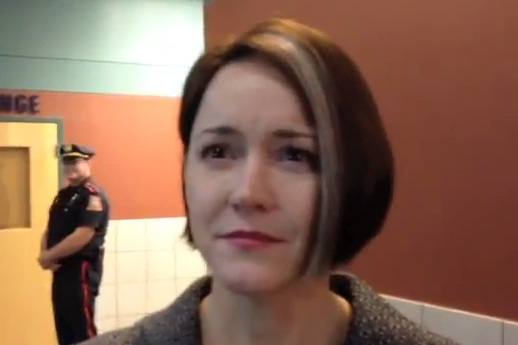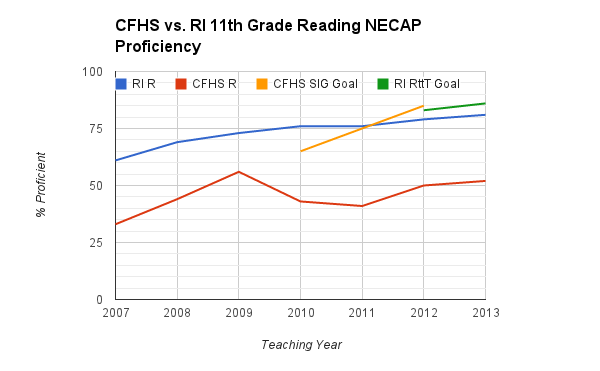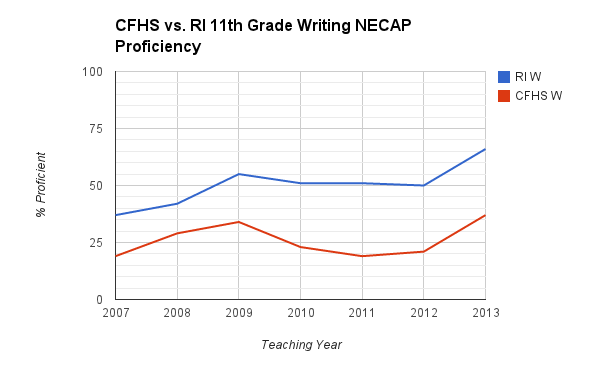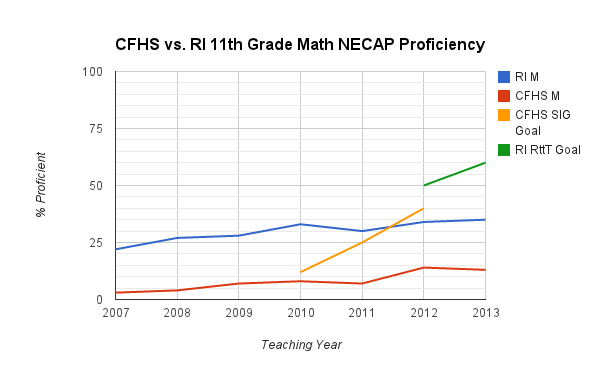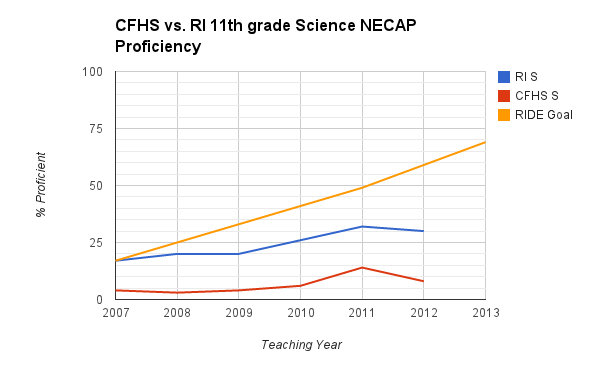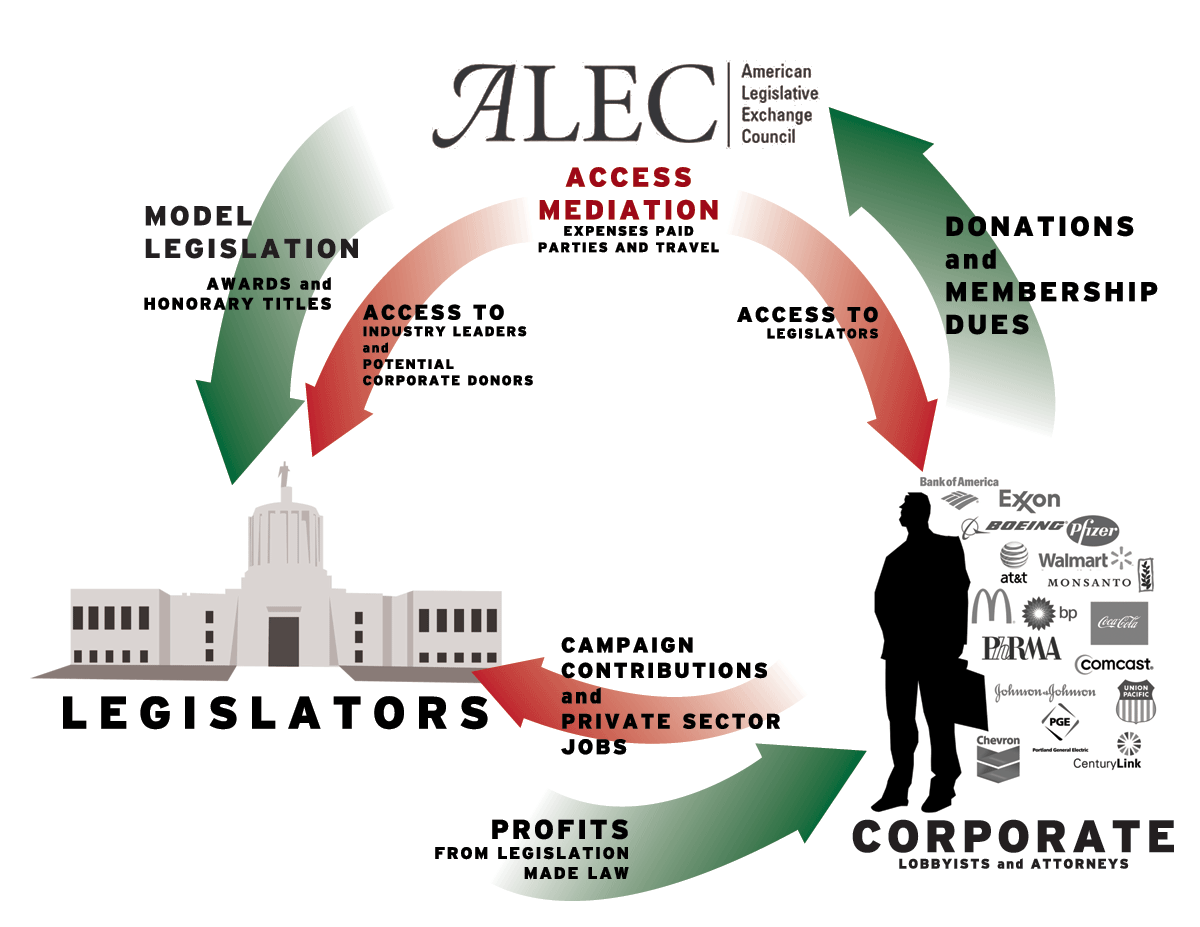 The Rhode Island Council on Elementary and Secondary Education had a meeting on September 21 and other than the council members and RI Department of Education staffers, it was not well attended. These meetings are open to the public, and there is an open forum section on the agenda in which anyone from the public can speak on a topic related to the agenda. (It is suggested that people call ahead and request to be put on the list of speakers.) At this meeting meeting I was the only person from the public who spoke. Remarks are limited to two minutes. What follows is the unedited version of my public comments from that meeting.
The Rhode Island Council on Elementary and Secondary Education had a meeting on September 21 and other than the council members and RI Department of Education staffers, it was not well attended. These meetings are open to the public, and there is an open forum section on the agenda in which anyone from the public can speak on a topic related to the agenda. (It is suggested that people call ahead and request to be put on the list of speakers.) At this meeting meeting I was the only person from the public who spoke. Remarks are limited to two minutes. What follows is the unedited version of my public comments from that meeting.
What is the basic unit of our society? the family—parents and children.
What is the basic public institution that serves the family? the public school system.
There is a misguided agenda that has been sweeping across our country and our state. In the name of the civil rights issue of our time, in the name of equity, in the name of 21st century competitiveness, and in the name of inclusiveness, we now witness officials obsessed with compliance to misguided policies who are intimidating parents to act against their conscience and against what they perceive and know to be in the best interests of their children. Of course I’m speaking of the Common Core curriculum, the PARCC aligned testing, and the massive data collection that goes along with them. Can you name one independent testing authority who has determined that these PARCC tests are reliable (i.e. would result in the same score if taken at another time), and valid (i.e. measure what they purport to measure)? Such an expert would be impossible to find, in my opinion.
These tests are fatally flawed, as are the standards to which they are aligned. The standards were developed by a cabal of well-connected people, primarily from the college testing industry. (If you need a refresher on the word “cabal,” here is Wikipedia’s definition: “A cabal is a group of people united in some close design together, usually to promote their private views or interests in a church, state, or other community, often by intrigue, usually unbeknownst to persons outside their group.”) This cabal had little to no knowledge or understanding of child development, nor did they care about it.
They cared nothing for the vast variation in backgrounds, interests, aptitudes, and struggles of our diverse students. All have to be held to the same standards at the same pace. This is not equity—it is delusion.
What happens to the many children who for a variety of reasons, and from a very young age, get the message that they don’t have what it takes to be successful? What happens to the few who are told they do have what it takes, based on a measure that idolizes a limited type of cognitive proficiency? Will the privileged few assume as the elite graduates of colleges like Harvard and Yale have been doing, that they are entitled to prescribe the fate of the “lesser” people? This is not democracy. This is oligarchy. This educational regime is feeding the inhumane process of sorting and ranking our children. People need to become aware and say NO. Children need life-affirming education, not standardized education producing compliant workers for the corporate machine.
For elaboration on the points made here, see: A Chronicle of Echoes: Who’s Who in the Implosion of American Public Education by Mercedes K. Schneider
“‘Corporate reform’” is not reform at all. Instead, it is the systematic destruction of the foundational American institution of public education. The primary motivation behind this destruction is greed. Public education in America is worth almost a trillion dollars a year.
“Whereas American public education is a democratic institution, its destruction is being choreographed by a few wealthy, well-positioned individuals and organizations. This book investigates and exposes the handful of people and institutions that are often working together to become the driving force behind destroying the community public school.” (from the Amazon.com synopsis)
For further elaboration, see Diane Ravitch: The Death and Life of the Great American School System: How Testing and Choice Are Undermining Education
Reign of Error: The Hoax of the Privatization Movement and the Danger to America’s Public Schools
Sheila Resseger, M.A.
Retired teacher, RI School for the Deaf


